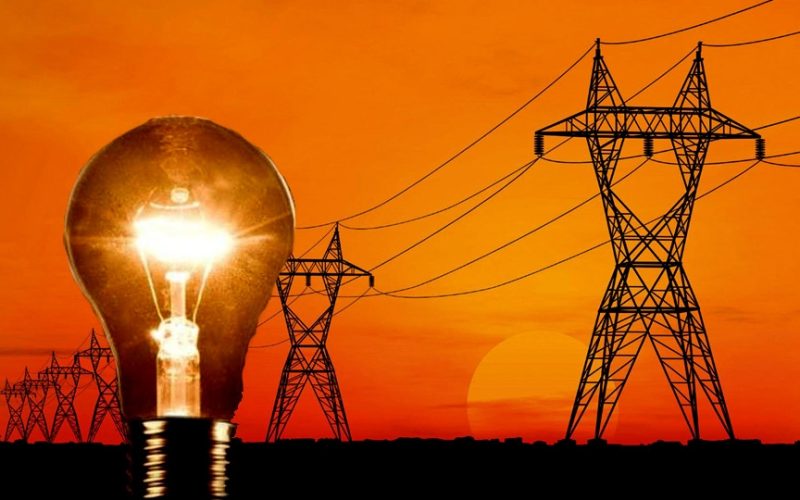Mining Other

Ethiopia Halts New Crypto Mining Power Deals

Ethiopia has announced that it will not approve any new electricity supply agreements for cryptocurrency mining operations.
Ethiopian Electric Power (EEP) CEO Ashebir Balcha stated that the country’s current power generation capacity cannot support additional demand from crypto mining companies.
He emphasized the need to prioritize the growing domestic electricity demand before expanding supply to energy-intensive activities such as digital mining.
Ethiopia’s relatively low electricity tariffs and abundant hydropower resources have made it an attractive destination for cryptocurrency miners.
According to Ashebir, 25 companies are already operating in the sector, and an additional 20 companies are waiting for registration approval.
To capitalize on surplus electricity, EEP has been selling unused power—referred to as “surplus power”—to crypto mining firms in exchange for foreign currency, as part of a strategy to boost national revenue.
Despite these ventures, the government is now reassessing its priorities, with a clear focus on meeting domestic power needs before expanding support for crypto operations.
In its annual performance report, Ethiopian Electric Power announced that it earned 75.4 billion birr in revenue during the fiscal year.
CEO Ashebir reported that 25.18 terawatt-hours (TWh) of electricity were sold to both domestic and international customers.
Of the total revenue, 74.05 billion birr came from electricity sales, while 1.41 billion birr was generated from related services.
Breaking down the consumption, Ashebir revealed that 60 percent of the electricity was supplied to domestic consumers, 27 percent to data (crypto) mining companies, 6 percent to industrial users, 5 percent was exported to Kenya, and 2 percent to Djibouti.
Ethiopia earned $118 million from electricity exports to neighboring countries, including Kenya, Djibouti, and Sudan.
The country has also begun preliminary feasibility studies to expand energy exports to Somalia and South Sudan.
The power export drive is expected to gain even more momentum with the upcoming inauguration of the Grand Ethiopian Renaissance Dam (GERD).
The dam, which is nearly complete and valued at $5 billion, has a generation capacity exceeding 5,000 megawatts, making it the largest hydropower project in Africa. The inauguration is expected to take place within a month.
Ashebir highlighted that Ethiopian Electric Power remains the leading power producer in Africa in terms of hydropower generation capacity, underlining the nation’s ambition to become a regional energy hub.












